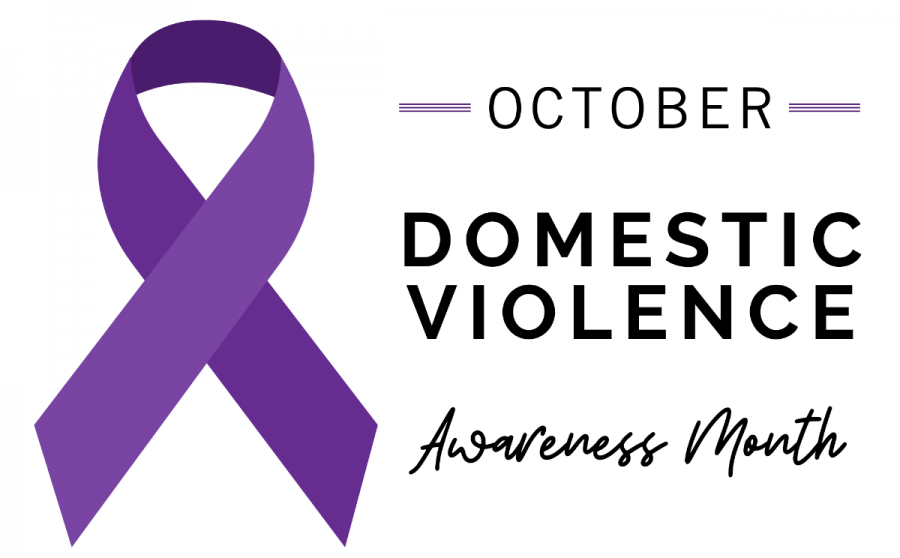Teaching the Red Flags of Domestic Violence
Domestic Violence Awareness Month Begins
October 14, 2022
PennWest University at California is preparing for Domestic Violence Awareness Month in October by launching the Red Flag Campaign.
The Office of Sexual Misconduct Prevention & Response, previously known as the End Violence center, is introducing the Red Flag Campaign to raise awareness about red flags for dating, domestic violence, and sexual assault.
The Red Flag Campaign was created by college students, victims of domestic violence, and other college community members and is a project of the Virginia Sexual and Domestic Violence Action Alliance.
Nancy Skobel, an advocate from the Sexual Misconduct Prevention & Response office, said the campaign encourages friends and other campus community members to say something when they see warning signs.
Red flags, a phrase that has recently become quite popular, yields a more serious perspective when it comes to domestic violence. Dating violence red flags include “insults or derogatory language, controlling behaviors, jealousy, monitoring social media, isolating partners from family or friends, controlling finances, bruises or other injuries, and withdrawal from usual activities,” Skobel added.
“I feel as though the Office of Sexual Misconduct Prevention & Response is making students more aware of the issue as well as educating students on things that occur to others that they may not have known was considered domestic violence,” said Jessica Huemme, when she heard about the Red Flag Campaign.
According to Nvrdc.org, dating violence is underreported and under-discussed. For many college students, they do not report abuse because they may not actually realize that they are being abused.
“1 in 4 or 5 women and 1 in 20 men will experience attempted or completed sexual assault during their time in college,” Skobel said. “And 1 in 3 relationships have some form of abuse present.”
A 2011 study found that 70% of college students who experienced abuse did not know that they were in an abusive relationship at the time, and 60% of those who experienced abuse said that no one tried to help them. The same study found that 58% of college students don’t know what to do if someone they know is in an abusive relationship, and 38% said they did not know what to do if they were personally victims of abuse.
PennWest University at California uses a bystander intervention model called “the Green Dot Strategy” which uses three D’s- Direct, Distract, Delegate to educate its students on how to handle situations that may involve domestic violence.
Direct means to directly address the suspected domestic violence victim, distract means to redirect attention away from the potential victim, and to delegate is to ask someone else (friend, teacher/mentor, law enforcement) to take over the responsibility to help the potential victim.
“I have used the distract method mostly for my peers often by creating an excuse to get someone out of a situation and I find that this is a good method to use when you are out on the spot,” Huemme said.
“I think it (domestic violence) is a very serious topic that should be discussed more often so that people can see the signs or get help if they are experiencing domestic violence,” said Krystal Anderson, a CA on campus.
For more information, Skobel encourages students to visit www.theredflagcampaign.org.






